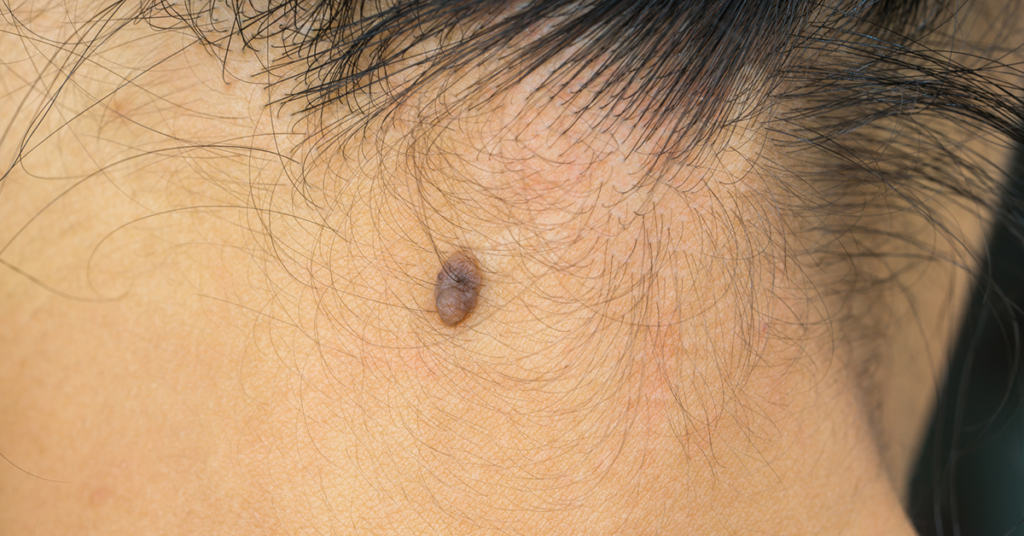Nearly everyone has at least one mole on a part of their body. Most people have several, and we rarely spare a thought for them. In truth we usually do not need to. Most moles are just areas of darker pigmentation and are generally benign and harmless.
However in special cases, some moles could actually be early warning signs of a certain type of skin cancer known as Melanoma. And while you do not need to rush to your dermatologist for every new mole that you come across, it is important to check your moles for certain characteristics that could indicate there is something wrong. If a mole does exhibit these tell-tale signs, then it might be a good idea for you to schedule a skin cancer screening at a skin clinic in Singapore to get it checked out.
Learn More: What You Need To Know About Skin Cancer
When Are Moles Normal?
Before we go into the warning signs for Melanoma, it is important to differentiate between benign and malignant moles. As mentioned, most moles are perfectly normal and do not indicate anything untoward with your skin or body.
If you are born with certain moles, then they are most likely benign. Known as congenital moles, they can vary widely in shape, size, and colour although most are brown or black. Small congenital moles are harmless, but larger moles can be a cause for concern, especially if they grow or change rapidly. If you notice these signs when doing a mole check on your child, then you should get a dermatologist to take a closer look.
New moles appear frequently and tend to form in areas of skin more exposed to sunlight. They are more common in children and teenagers and are generally harmless. They can also fade and disappear over time as you get older. Some moles may even get darker during pregnancy. This is due to hormonal changes that stimulate melanin cells to produce more pigment.

When Should You Get Moles Checked Out?
If your mole is an unusual colour that strays from the typical appearance or is different from all the other moles in your body then it is worth seeing a medical professional about it. If your mole has more than one colour to it or has recently changed colours, it is another warning sign that something might be amiss.
Moles usually have well defined borders where you can tell the shape it forms. They usually turn up as circles and ovals and tend to be symmetrical. However moles that have jagged edges, blurred lines, or any other irregularities or asymmetries have to be examined by a doctor immediately.
If you notice any bleeding, itching, or crusting when doing a mole check, it should not be dismissed. Melanomas are the most serious form of skin cancer and these symptoms may indicate that something is going on under your skin. A general rule of thumb is that any rapid evolution of a mole signifies that there are some changes going on which should absolutely be checked out. This includes moles that start out flat but become raised over a short period of time.
When it comes to skin cancer, early detection saves lives. By checking the moles on your body and tracking their evolution, if any, you might be able to catch skin cancer in its early stages where it is much more treatable.
This can be something to consider if you harbour any of the risk factors for skin cancer which include a genetic disposition due to family history, a lighter natural skin colour, skin that burns easily, or if you already have a large number of moles. Risks of skin cancer also increase due to age and exposure to UV radiation, so that is something else to account for.
At the Thomson Specialist Skin Centre, our team of dermatologists are skin cancer specialists in Singapore. Trained in diagnosis and management of various medical and aesthetic skin conditions, we provide patients with a range of evidence-based outpatient medical services. Contact us today to ask your questions and set up an appointment with our team.

